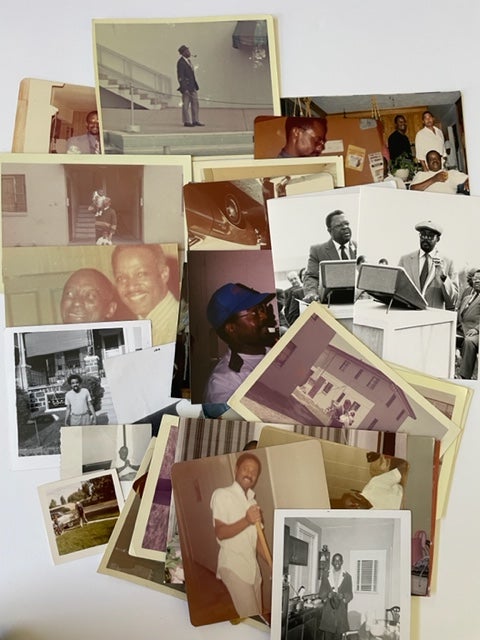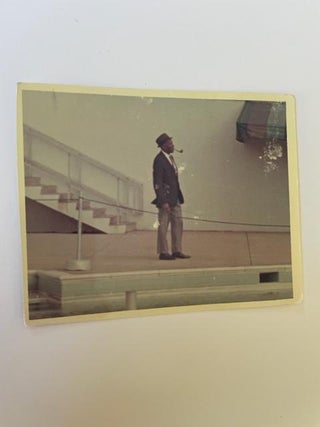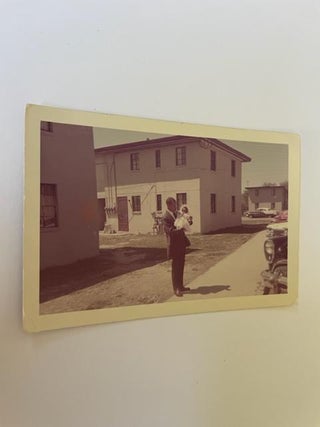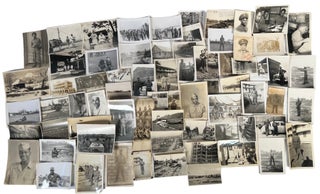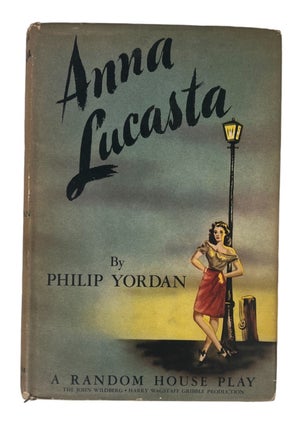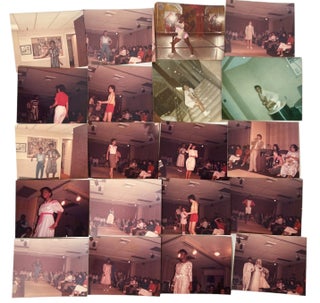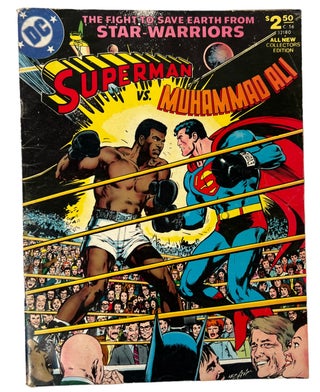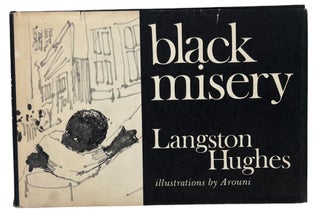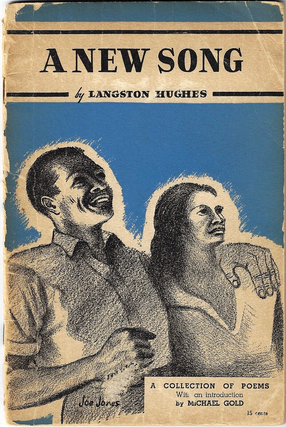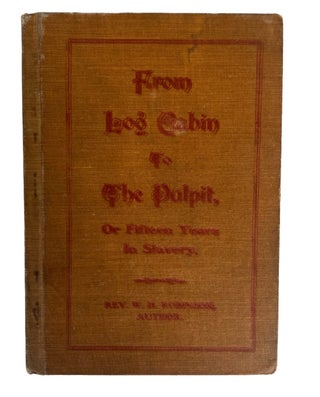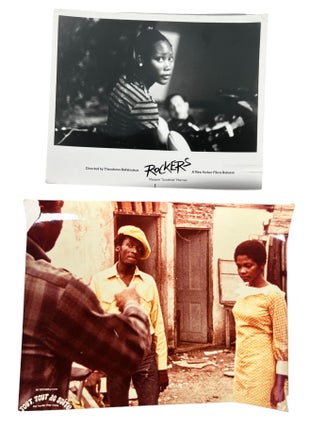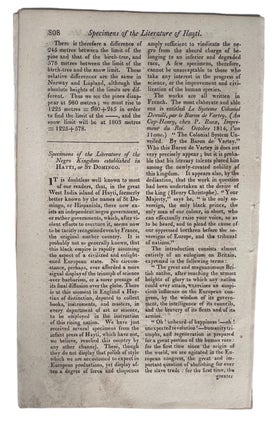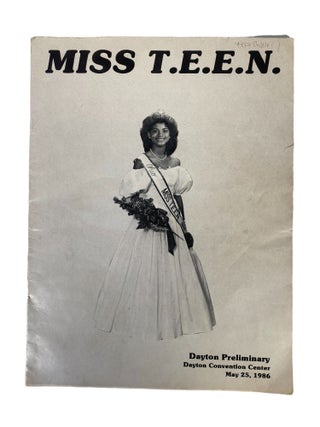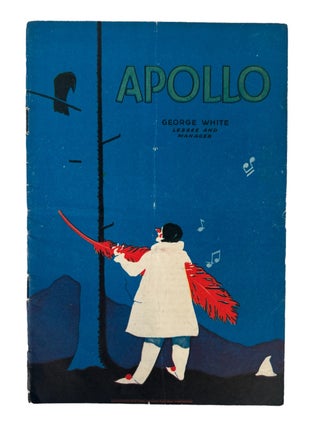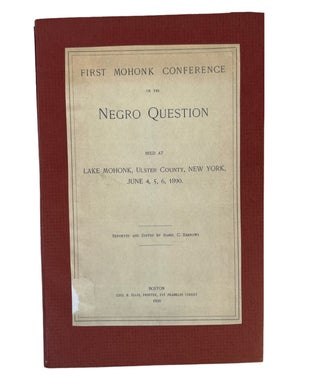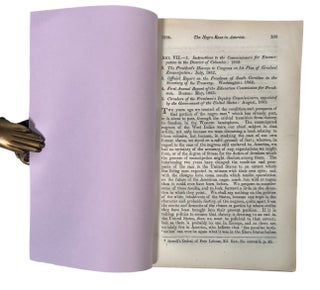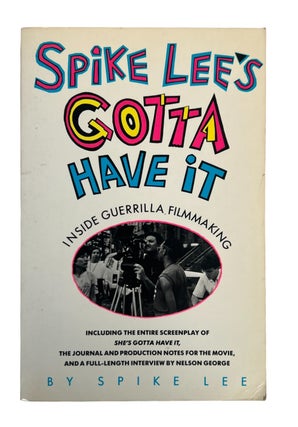Photo Archive Depicting Black Manhood Beyond Limiting Stereotypes, 1980s-90s
Photo Archive
Photo archive of 41 images of black men across generations and decades. Photos are both color and black and white. C. 1960s-90s. The photos show black men holding children, laughing together, relaxing and posing. Measurements range from 6" x 4" to 2" x 2" in. In one striking image, an older gentleman stands silhouetted pool side in suit and hat, a pipe in his mouth, gazing into the distance. In another a man poses with one hand on the small boy in tuxedo standing in front of him, the other arm wrapped around a baby perched on his shoulder as he gazes up with a smile to catch the infant's attention. Black masculinity has been a subject of critical interest throughout the twentieth and into the twenty-first century. In her 2004 text, We Real Cool: Black Men and Masculinity, social and cultural critic Bell Hooks wrote famously of the toxic impact social expectations have had on the lives of black men. Popular culture continues to be inundated with limiting stereotypes about what it means to be a black man in America. These photos show a different view. Black men caring for babies and small children, cleaning their houses, posing with friends at house parties, teenage boys goofing for the camera, all show black masculinity at ease and separate from the oppressive systems underpinning American life. Black joy is a phrase use d by historians to highlight the positive aspects of Black history separate from its suffering. Representations of African Americans living lies at one ordinary and inspired, both deeply personal and universal, is an integral piece of any American history archive. "Expressions and acts of black joy are often encouraged as a way for Black people to fully be themselves and form a sense of community as a response to systems that devalue them and stifle their self-expression. In this way, engaging in and sharing experiences of black joy are seen not as ways of ignoring oppression but as acts of resistance against it." (dictionary) An important archive for undermining harmful stereotypes of black masculinity.Item #18042
Price: $450.00
See all items by African American Black Manhood

